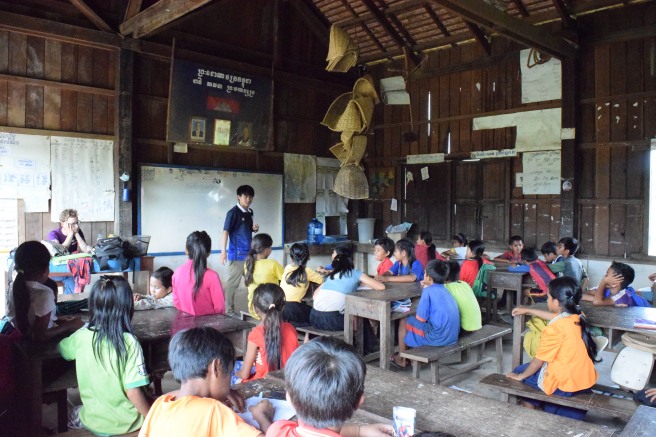President Obama bid us farewell today in his last presidential address in McCormick Place, Chicago, Illinois.
The president is going to leave office in a matter of ten days. And in ten days, President Obama’s successor, entrusted with legacy of America, will take his newly gained authorities for a spin. Judging by the “4 more years, 4 more years, 4 more years” chant resounded among the president’s supporters in the auditorium, it is suggested that many other Americans are also praying against the highly likely crash-and-burn moment of the whirly ride that we all will be in with the president’s successor.
As I was listening to President Obama’s speech broadcasted worldwide, I could not help but nod along even after having just waken up and still bearing the morning stupor.
I nodded, in agreement and awe, at one of his quotes–one which directed at the needs of Americans putting differences aside and uniting to preserve and uphold democracy in this increasingly diverse America.
I nodded as I was being reminded of a moment of my recent placement in Cambodia as part of inclusive education project.
“Laws won’t be enough. Heart must change.”

One day, a hustle-bustle took place during an English lesson I was leading with my team members in Siem Bouk community, Stung Treng, Cambodia. Upon opening the door, there were fifty-plus kids each with a plate and spoon in hand. They were hungry. They wanted their food. Pekthra, the boy in charge of lugging two buckets, one filled with rice and another with soup, set the two bins right outside my classroom. Over time, noise grew louder and louder. Among other things, some dug in their licked spoons to scoop up food into their plates. And some just outright dug up food with their soiled plates. A hustle-bustle turned into a caveman survival frenzy. And amid all this, there was no authoritative figure out there to choreograph this brunch distribution.
I couldn’t bear the sights and left the teaching to my team. I closed the doors behind, grabbed the lids, and shut the two bins. “Stop!” I called out in Khmer in an attempt to bring order. “We are not gonna be able to eat with everyone being this way. Alright, we need to form two lines. And fetch another ladle for the soup, Pekthra.” Everyone was inching backwards, but none were ready to give up their places to merge into two proper lines. The unopening lids luckily convinced them to dissolve into the lines I asked for. We started to have order. But every ten seconds, the lines buckled and everyone resumed their old reptilian instinct. Then two more students volunteered to run the lines with Pekthra. One joined Pekthra in food distribution and another paced up and down to manage the lines. And I became the evil authoritative figure whose eyes were peeled for every little unhygienic quirks among these children. Our roles lasted until the bins were all emptied of food.
It might be false to think that the haunting influences of Khmer Rouge, which ended just less than 40 years ago, is still at play today, that today’s cultural ethos still bears a resemblance to that of the Khmer Rouge time. Sometimes, I think to myself. Are the reasons for the prevalence of profanity and temperament of the people in this country only due to the insufficiency of education and other financial and superficial factors? Nonetheless, to President Obama’s “Laws won’t be enough. Heart must change”, to cultivate the heart that will reflect and ruminate on things beyond just for oneself and just for today will complement, if not outdo, the efforts of law. Be it in U.S. or Cambodia.
As an auxiliary teacher for the community students, I am honored to have played a role in changing the heart of these children.